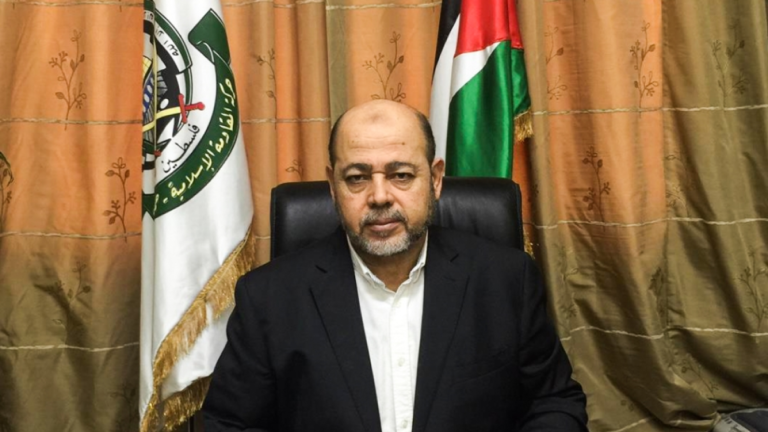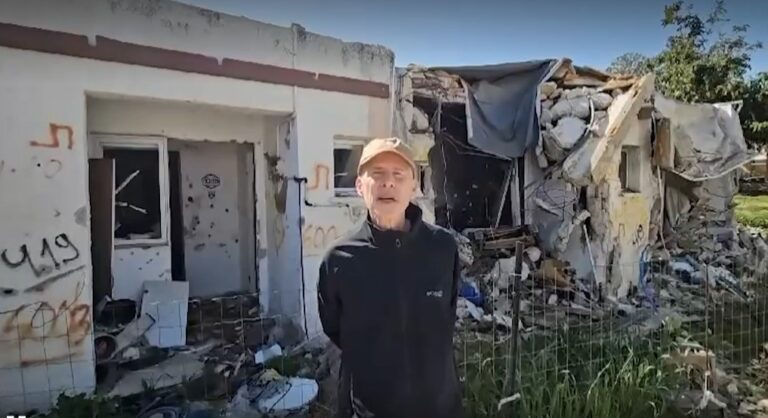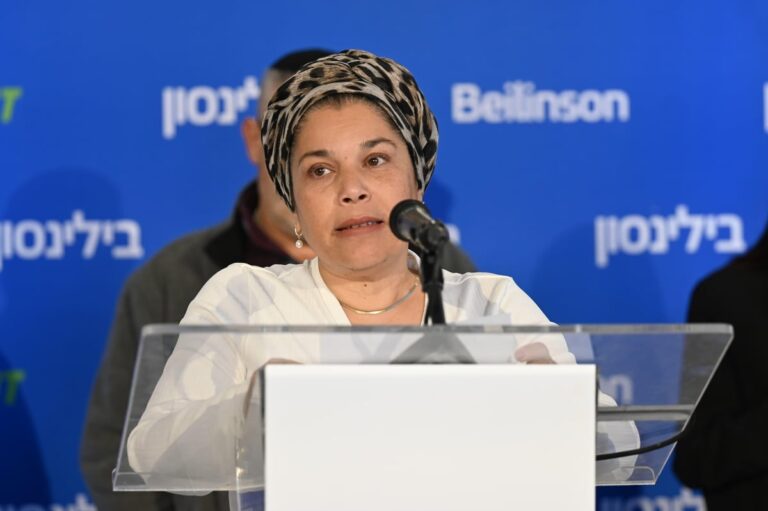 Iran’s foreign minister said Tuesday that he had deliberately negotiated the wording of the latest United Nations resolution restraining his country’s nuclear program to ensure that the test-firing of nuclear-capable Iranian missiles would be legal.
Iran’s foreign minister said Tuesday that he had deliberately negotiated the wording of the latest United Nations resolution restraining his country’s nuclear program to ensure that the test-firing of nuclear-capable Iranian missiles would be legal.
Mohammad Javad Zarif said in a speech at the Australian National University that Security Council Resolution 2231, which was adopted after the Iranian nuclear deal was signed last year, did not bar Iran from testing the type of nuclear-capable ballistic missiles that it launched last week.
“It doesn’t call upon Iran not to test ballistic missiles, or ballistic missiles capable of delivering nuclear warheads … it calls upon Iran not to test ballistic missiles that were ‘designed’ to be capable,” Zarif said.
“That word took me about seven months to negotiate, so everybody knew what it meant,” he said, referring to “designed.”
Zarif added that under the international nuclear agreement that resulted in the lifting of U.N. sanctions, which he had also negotiated, Iran would never develop nuclear weapons.
Last Wednesday’s missile test was aimed at demonstrating that Iran will push ahead with its ballistic program after scaling back its nuclear program under the deal reached last year with the U.S. and other world powers.
The United States called a Security Council meeting on Monday to protest the launches, which Secretary of State John Kerry called a violation of U.N. resolutions that “could invite additional sanctions.”
Samantha Power, the U.S. ambassador to the United Nations, said after Monday’s closed meeting that the ballistic missiles “were designed to be capable of delivering nuclear weapons,” and called the launches “dangerous, destabilizing, and provocative.”
But Russia’s U.N. ambassador, Vitaly Churkin, told reporters that Moscow had no information that the missiles could carry nuclear weapons and that there was no violation of the resolution.
Zarif on Tuesday became the first Iranian foreign minister to visit Australia since 2002. He was welcomed by key Australian officials, including Prime Minister Malcolm Turnbull.
Zarif had a detailed conversation with Australian Foreign Minister Julie Bishop about legal and technical issues surrounding last week’s missile test.
Bishop did not express an opinion on whether the test had breached Resolution 2231.
“Having heard the foreign minister’s explanation, it is Australia’s position that should the U.N. Security Council wish to investigate this matter, then that would be the proper legal process for it to do so,” Bishop said.
Power said that the missile test merits a response from the Security Council, but that Russia’s contention that the launches did not violate Resolution 2231 all but rule out any council action.
Zarif, meanwhile, welcomed Russia’s decision to begin withdrawing forces from Syria, where a fragile cease-fire is holding.
“The fact that Russia announced that it’s withdrawing part of its forces indicates that they don’t see an imminent need to resort to force in maintaining the cease-fire,” Zarif said. “That in and of itself should be a positive sign. Now we have to wait and see.”
(AP)











One Response
Yes we agree now you have to wait and see how Hashem protects Israel and only he does…